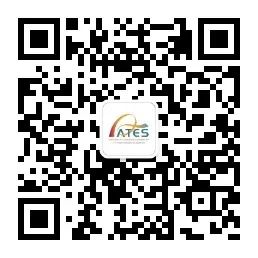Background
The Silk Road traverses complex terrain and landscapes including plateaux, Gobi Deserts, oases, mountains, basins, forests, and steppes across Eurasia. Its distinct geographical landscapes and changing environment played significant roles in the development of the trans-Eurasia exchange and Silk Road civilization. Before opening up the Silk Road, this region was an important East-West link, with multiple paths and extensive population dispersal, economic and cultural exchanges, and so on. The Silk Road greatly facilitated long-distance and large-scale exchanges of economy, agriculture, religions, culture, and technology across Eurasia, having a far-reaching impact on the progress and development of human civilization. However, due to ethnic, religious, linguistic, and national differences, as well as complex geopolitical relationships, there are critical gaps in systematic sorting and communication on scientific issues such as the early human dispersal, agricultural and pastoral development, route shift and demise, technology development and exchange, civilization evolution, and environment changes, as well as a lack of sufficient data, models and theoretical support, which limits the comprehensive study and scientific understanding of East-West exchanges along the Silk Road regions.
The Association for Trans-Eurasia Exchange and Silk-Road Civilization Development (ATES) was established under the Alliance of International Science Organizations (ANSO) in 2019 to promote interdisciplinary research and international cooperation. The ANSO Silk Road Forum & The 2nd ATES Open Science Conference will be held in Lanzhou, China on 23-25 August 2023. This international conference will bring together renowned experts and scholars from the Silk Road countries and other regions to share the most recent findings of interdisciplinary research and discuss the future development of ATES. This is also one of the events for the International Year of Basic Science for Sustainable Development (IYBSSD), initiated by UNESCO in 2021 and supported by the Chinese Academy of Sciences.
1.Date and Location
2.Theme and Topic
3.Participating Organizations
Hosts
Organizers
Co-organizers
4.Contact Information
5.Conference Homepage and Language
https://atesosc2023.casconf.cn/
English

6.Brief Introduction to the Hosts
ATES